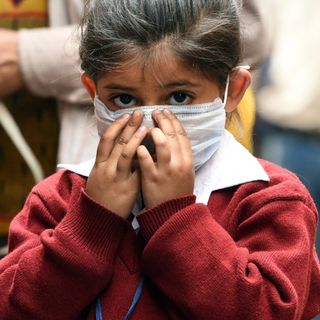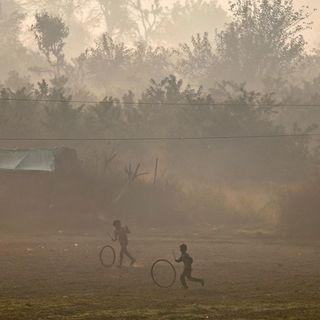A group of refugee camps in Southern Bangladesh, home to millions of Rohingya people, has detected its first two cases of Covid19. Humanitarian groups had previously warned that a potential infection could be extremely dangerous for the entire settlement.
With 60,000–90,000 individuals living in each square kilometer, and families of dozens or more sharing small shelters, the virus is likely to spread at a rapid pace in these camps. Currently, the Rohingya refugee and the Bangladeshi individual who tested positive have been isolated.
Previously, Bangladesh recorded multiple Covid19 cases in a refugee settlement in Cox Bazaar, Bangladesh. Dr. Shamim Jahan, health director for the international aid group Save the Children, told Al Jazeera, “We are looking at the very real prospect that thousands of people may die from Covid19. This pandemic could set Bangladesh back by decades.” He added, “There are only an estimated 2,000 ventilators in all of Bangladesh, serving a population of 160 million people. In the Rohingya refugee camps, there are no intensive care beds at this moment.”
Related on The Swaddle:
UN Report: Myanmar Military Systematically Mass Raped Rohingyas With the Intention to Commit Genocide
Bangladesh is currently home to around 1.1 million Rohingya refugees, after around 730,0000 people fled Myanmar to escape genocide. Refugees live in inhumane conditions, with no access to open space, privacy, and clean water. Refugees living in camps like Cox Bazaar in Bangladesh also do not have access to internet. Access to clean water, space to distance oneself from other people, and internet services are pivotal tools to help combat the Covid19 crisis. The country has been under lockdown since March 26, but Covid19 cases continue to rise rapidly owing to such conditions.
WHO spokesman Catalin Bercaru told AFP news that rapid investigation teams had been deployed to conduct contact tracing and quarantine all those in contact with the two individuals.




